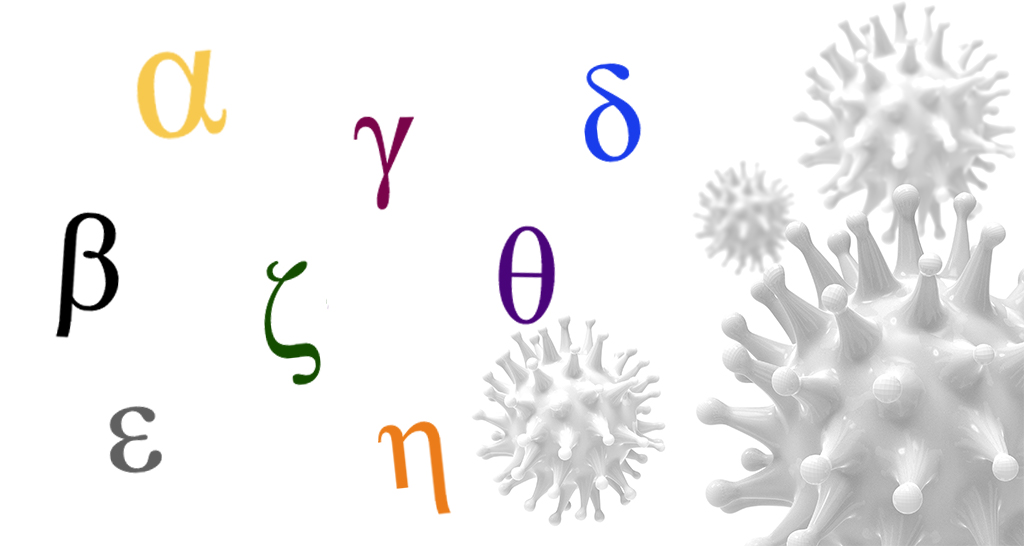COVID-19 variants get Greek names
After months of deliberations, the World Health Organization said that COVID-19 variants will now be assigned with the letters of the Greek Alphabet.
The decision came amid criticism that those given by scientists such as the so-called South African variant, which goes by multiple names including B.1.351, 501Y.V2 and 20H/501Y.V2, were too complicated.
“While they have their advantages, these scientific names can be difficult to say and recall, and are prone to misreporting,” said the WHO, explaining the decision.
Under the new system, the B.1.1.7 variant, which was first identified in the U.K., will be known as Alpha. The B.1.351 variant, first spotted in South Africa, will be called Beta, while the variant initially found in Brazil, known as P.1, will go by Gamma.
Other variants of interest continue down the Greek alphabet.
The names, taken from the Greek alphabet, are not intended to replace scientific labels but will serve as a handy shorthand for policymakers, the public and other non-experts who are increasingly losing track of different variant names.
Historically, viruses have often been associated with the locations from which they are thought to have emerged such as Ebola which is named after the eponymous Congolese river.
But this can be damaging for the places and often inaccurate such as with the so-called “Spanish flu” pandemic of 1918 whose origins are unknown.
“No country should be stigmatized for detecting and reporting variants,” said WHO epidemiologist Maria Van Kerkhove.
There are 24 letters in the Greek alphabet. The WHO has already assigned 10 of them — four to variants of concern and six to variants of interest.



